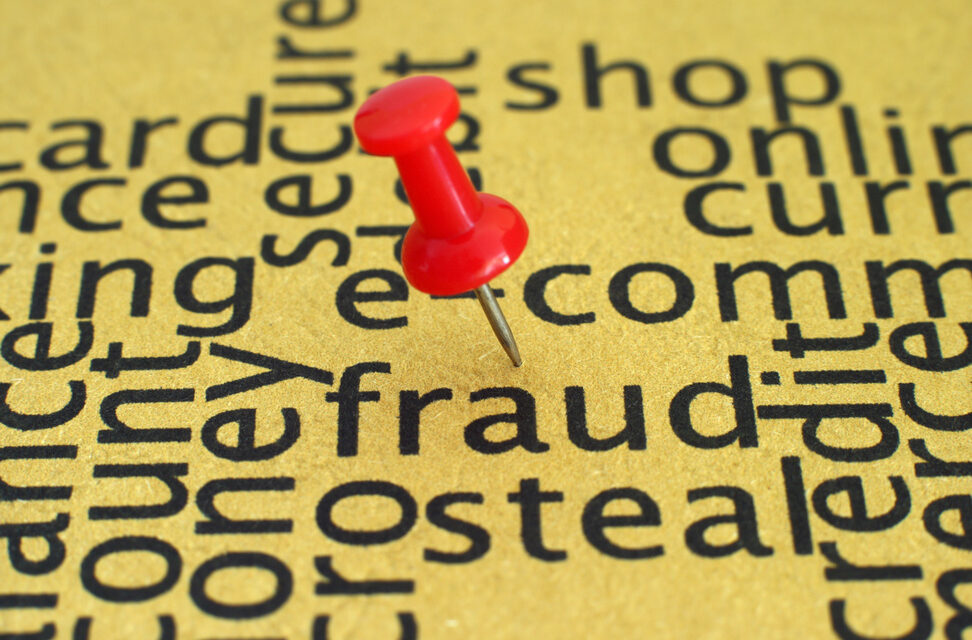A Washington man was charged in a criminal complaint unsealed today for fraudulently seeking over $1.1 million in COVID-19 relief guaranteed by the Small Business Administration (SBA) through the Economic Injury Disaster Loan (EIDL) and the Paycheck Protection Program (PPP) under the Coronavirus Aid, Relief and Economic Security (CARES) Act.
Austin Hsu, 46, of Issaquah, Washington, was charged by criminal complaint, unsealed after his initial appearance, in the Western District of Washington with one count of wire fraud. He made his initial appearance before U.S. Magistrate Judge Brian Tsuchida.
The complaint alleges that Hsu submitted nine fraudulent disaster loan applications on behalf of five different companies. Hsu, who is the owner and CEO of a company named Blackrock Services P.S. doing business as “Back 2 Health Bellevue” (Back 2 Health), received EIDL and PPP funds for Back 2 Health, and then used the names of Back 2 Health’s current and former employees to apply for additional PPP loans under the names of other companies that he owned and controlled. The complaint also alleges that, in support of the fraudulent PPP loan applications, Hsu submitted fake federal tax filings.
The complaint further alleges that, in support of the fraudulent EIDL loan applications, Hsu made numerous false and misleading statements about the companies’ respective business and operations. For example, Hsu incorporated a company named Blueline Capital LLC (Blueline) in June 2020 for the purpose of applying for an EIDL loan in July 2020, and then misrepresented to the SBA that Blueline had been in business since 2017 and that, as of Jan. 31, 2020, Blueline had nine employees and gross receipts of over $1.5 million. In truth, Blueline had no business or operations.
The CARES Act is a federal law enacted on March 29. It is designed to provide emergency financial assistance to millions of Americans who are suffering the economic effects resulting from the COVID-19 pandemic. One source of relief provided by the CARES Act is the authorization of up to $349 billion in forgivable loans to small businesses for job retention and certain other expenses through the PPP. In April 2020, Congress authorized over $300 billion in additional PPP funding.
The PPP allows qualifying small businesses and other organizations to receive loans with a maturity of two years and an interest rate of one percent. Businesses must use PPP loan proceeds for payroll costs, interest on mortgages, rent, and utilities. The PPP allows the interest and principal to be forgiven if businesses spend the proceeds on these expenses within a set time period and use at least a certain percentage of the loan towards payroll expenses.
The EIDL program is designed to provide economic relief to small businesses that are currently experiencing a temporary loss of revenue. EIDL proceeds can be used to cover a wide array of working capital and normal operating expenses, such as the continuation of health care benefits, rent, utilities, and fixed debt payments. If an applicant also obtains a loan under the PPP, the EIDL funds cannot be used for the same purpose as the PPP funds.



